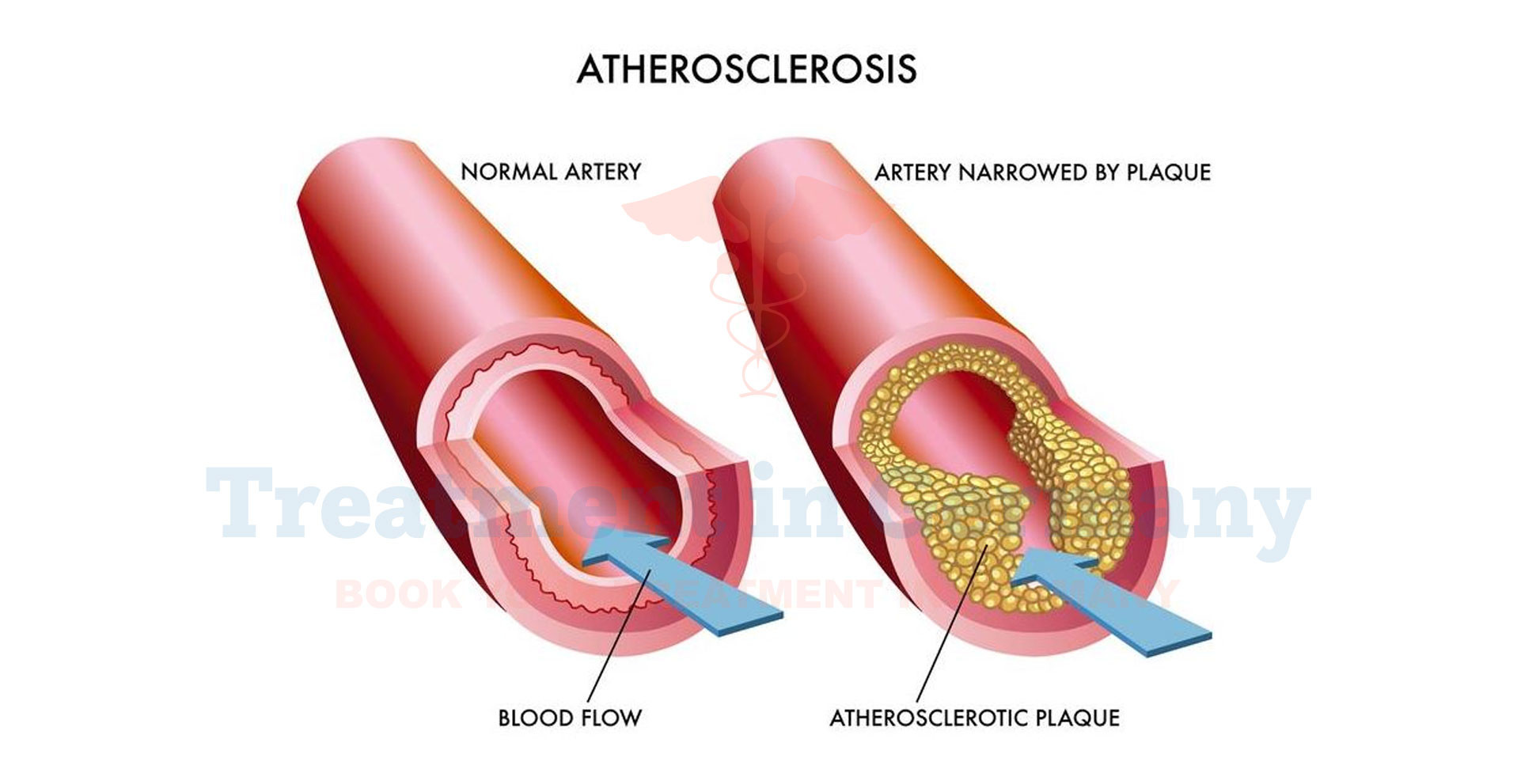What Are Ulcerated Atherosclerotic Plaques?
Ulcerated atherosclerotic plaques are a type of plaque that forms in the arteries as a result of atherosclerosis. Atherosclerosis is a condition where fatty deposits, cholesterol, and other substances build up on the artery walls, causing them to harden and narrow.
When these plaques become unstable, they can develop cracks or ulcers on their surface. This can expose the underlying material to the bloodstream, leading to the formation of blood clots.
Side Effects of Ulcerated Atherosclerotic Plaques
Ulcerated atherosclerotic plaques can have serious consequences for your health. The main side effects include:
- Increased Risk of Heart Attack: If a blood clot forms at the site of the ulcerated plaque and obstructs blood flow to the heart, it can lead to a heart attack.
- Stroke: Similarly, if a blood clot travels to the brain, it can cause a stroke.
- Angina: Ulcerated plaques can also cause chest pain or discomfort, known as angina, due to reduced blood flow to the heart.
- Peripheral Artery Disease: If the plaques affect arteries in the legs, they can cause pain and cramping during physical activity.
How Is Ulcerated Atherosclerotic Plaques Diagnosed?
Diagnosing ulcerated atherosclerotic plaques typically involves several methods:
- Medical History and Physical Examination: Your doctor will assess your symptoms and risk factors.
- Imaging Tests: These may include:
- Ultrasound: Helps visualize the plaques in your arteries.
- CT Angiography: Provides detailed images of blood vessels and can identify ulcerated plaques.
- MRI: Useful for assessing the extent of plaque ulceration and its effects on surrounding tissues.
- Coronary Angiography: This invasive procedure involves injecting a contrast dye into the coronary arteries to examine blood flow and plaque characteristics.
Potential Treatment of Ulcerated Atherosclerotic Plaques
Treatment for ulcerated atherosclerotic plaques focuses on managing the condition and preventing complications:
Medications:
- Antiplatelet Agents: Such as aspirin, to reduce the risk of blood clots.
- Statins: To lower cholesterol levels and stabilize plaques.
- Antihypertensives: To manage blood pressure, reducing strain on the arteries.
Lifestyle Changes:
- Diet: Adopting a heart-healthy diet low in saturated fats and high in fruits, vegetables, and whole grains.
- Exercise: Regular physical activity to improve cardiovascular health.
- Smoking Cessation: Quitting smoking to reduce further arterial damage.
Surgical and Non-Surgical Interventions:
- Angioplasty and Stenting: To open up narrowed arteries and keep them open.
- Bypass Surgery: In more severe cases, to create an alternative route for blood flow around the blocked artery.
👉 Contact us for further information and receive a complimentary consultation.


.webp)
 (1).webp)

.webp)
 (1).webp)


.webp)
 (1).webp)

.webp)
 (1).webp)
